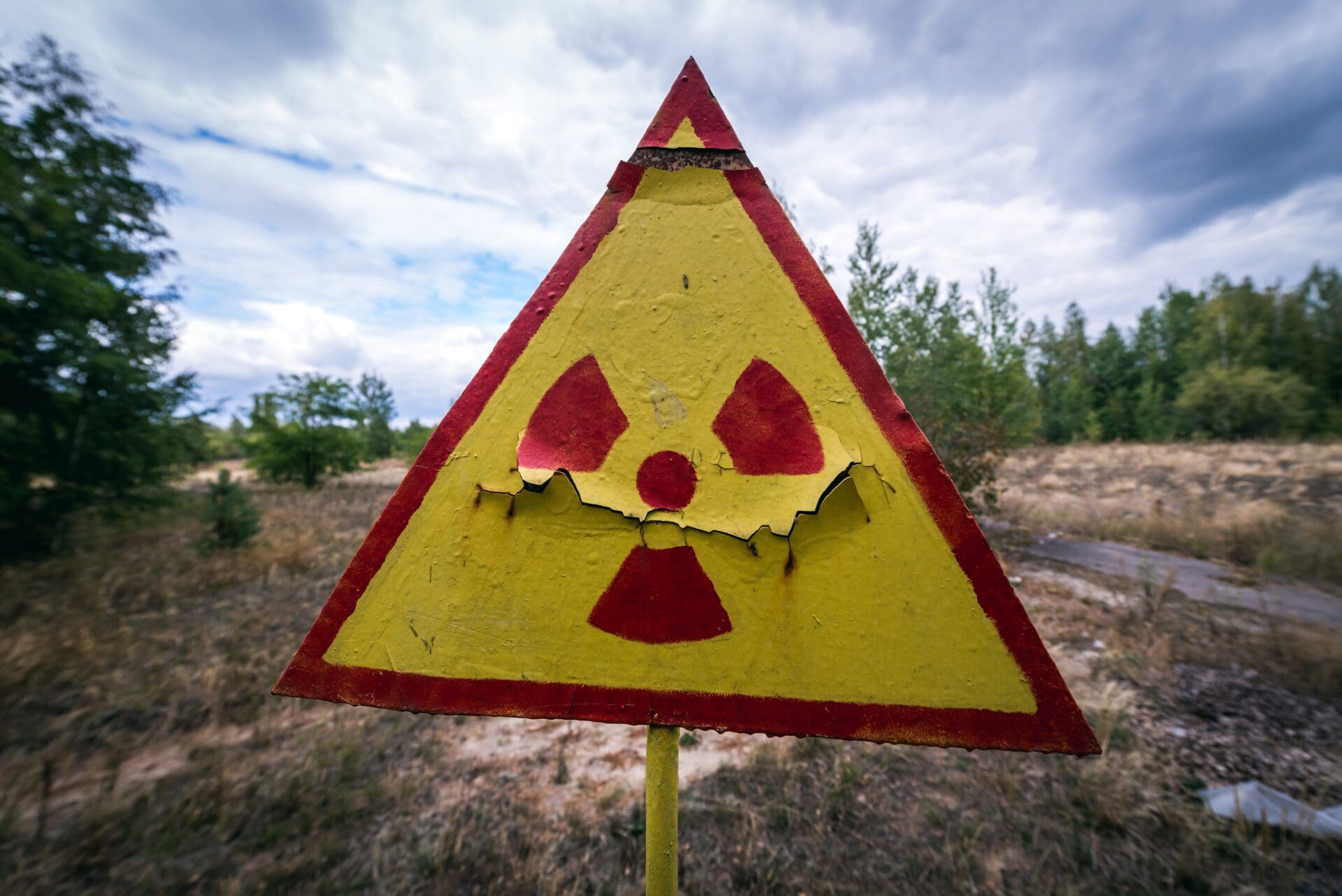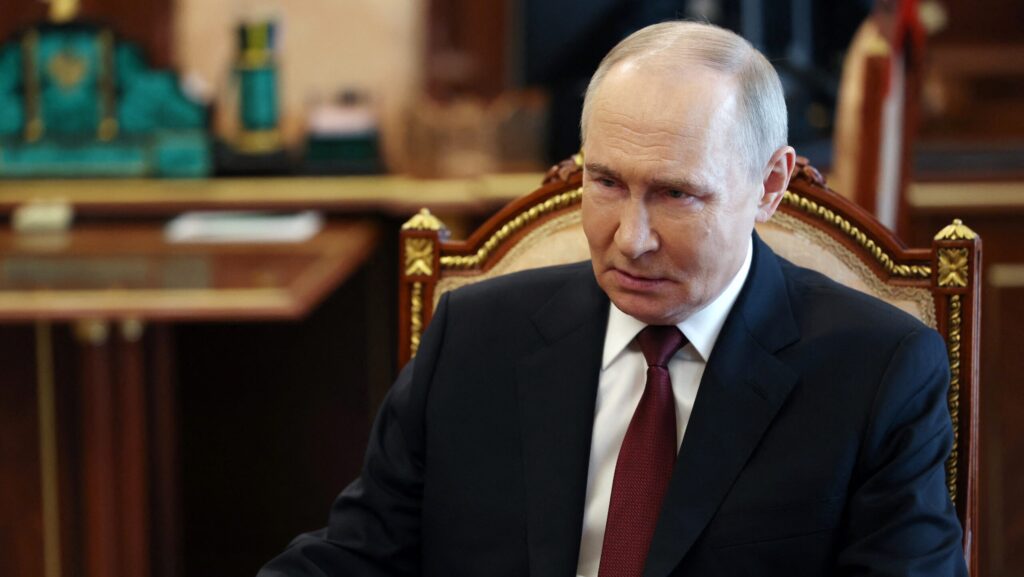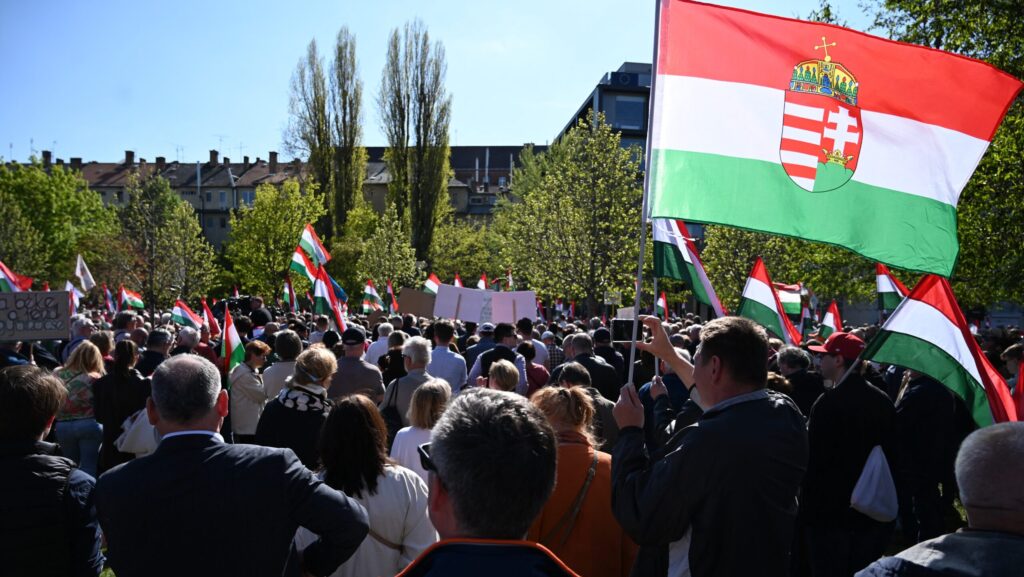According to Ukraine’s president, the world narrowly avoided a radioactive disaster when electricity at Europe’s largest nuclear power plant was cut off for many hours. He urged international organisations to move quickly to compel Russian soldiers to leave the area.
The Danger
Russian bombardment on Thursday allegedly caused fires in the ash pits of a nearby coal power plant, cutting off the Zaporizhzhia plant from the electricity grid, according to President Volodymyr Zelensky. According to a Russian official, Ukraine is at fault. Zelensky praised the Ukrainian experts who run the facility under the watchful eye of the Russian military, stating that backup diesel generators made sure that the plant’s cooling and safety systems would have the power they needed to function.
He stated in a video message on Thursday night that ‘if our station workers had not reacted after the blackout, we would be looking at the consequences of a radiation catastrophe. Ukraine and the rest of Europe are now just one step away from a radioactive disaster thanks to Russia. There is a danger of a global radiation catastrophe for each minute that Russian forces are stationed at the nuclear power plant,’ he said.
Concern was expressed by locals in Kyiv, the capital city, which is located 556 kilometers to the northwest of the facility. ‘Of course everyone is terrified; fear permeates every aspect of life. I truly want things to settle down for good… I want more facilities to be operational and the power issues to be resolved,’ Volodymyr, a 35-year-old businessman who wished to remain anonymous told Reuters.
According to Energoatom, the plant is currently receiving electricity for internal use through a power line from the Ukrainian electricity grid, and work is ongoing to reestablish grid connectivity to the two operational reactors of the plant. Vladimir Rogov, a Russian-appointed official in the nearby, Russian-controlled town of Enerhodar, accused the Ukrainian military of setting fire to a forest in the vicinity of the power plant. He claimed that nearby villages had been without power for several hours. Rogov stated on social media platform Telegram that ‘this was brought on by the disconnecting of electricity cables from the Zaporizhzhia nuclear power station as a result of provocations by Zelensky’s fighters. A fire and a short circuit on the electrical wires caused the actual disconnect,’ the statement reads.
Fighting Around the Plant
Energoatom claimed it was the first full disconnect in the facility, which has grown to be a flashpoint in the conflict that has been going on for six months. Although Ukrainian experts continue to run the plant, it has been under Russian authority since the country’s February invasion of Ukraine. Fears of a nuclear disaster have grown as Russia and Ukraine have accused one another of bombarding the plant. The area has to be demilitarized, and the UN has requested access to the plant. According to agency Director-General Rafael Grossi, IAEA representatives are “very, very close” to being allowed to travel to Zaporizhzhia.
The possibility of harm to the plant’s spent nuclear fuel pools or reactors has been highlighted by nuclear specialists. National security specialist and Yale School of Management professor Paul Bracken expressed fear that artillery or missiles may pierce the reactor walls and release radiation across a huge area, resulting in a disaster comparable to the Chernobyl nuclear accident of 1986.
According to Bracken, a catastrophe at the Zaporizhzhia facility might “kill hundreds or thousands of people” and cause environmental harm to a far greater area that extends into Europe. According to him, “Russian roulette is a good metaphor” since the Russians are threatening to blow out the reactor’s ‘brains’, scattering radiation throughout Europe, by spinning the revolver’s chamber. Kyiv has repeatedly called for more, high-grade Western military hardware it says it needs to repel Russian attacks.
On Thursday, Zelensky spoke on the phone with President Joe Biden, who reiterated US support for Ukraine against Russia, the White House said. Biden announced on Wednesday, Ukraine’s Independence Day, $3 billion of new security assistance for Kyiv. The assistance, however, reports have pointed out, may take months or even years to arrive.
On Friday, even China spoke up against the reckless behaviour of the Russian military. China’s deputy permanent representative at the UN said just one incident might cause a serious nuclear accident ‘with irreversible consequences for the ecosystem and public health of Ukraine and its neighbouring countries.’
A nuclear disaster would Earlier this month, Hungary also signed, along with 42 other states and the European Union, a joint statement that called on the Russian Federation to ‘immediately withdraw its military forces and all other unauthorised personnel from the Zaporizhzhia Nuclear Power Plant’ and its immediate surroundings.








